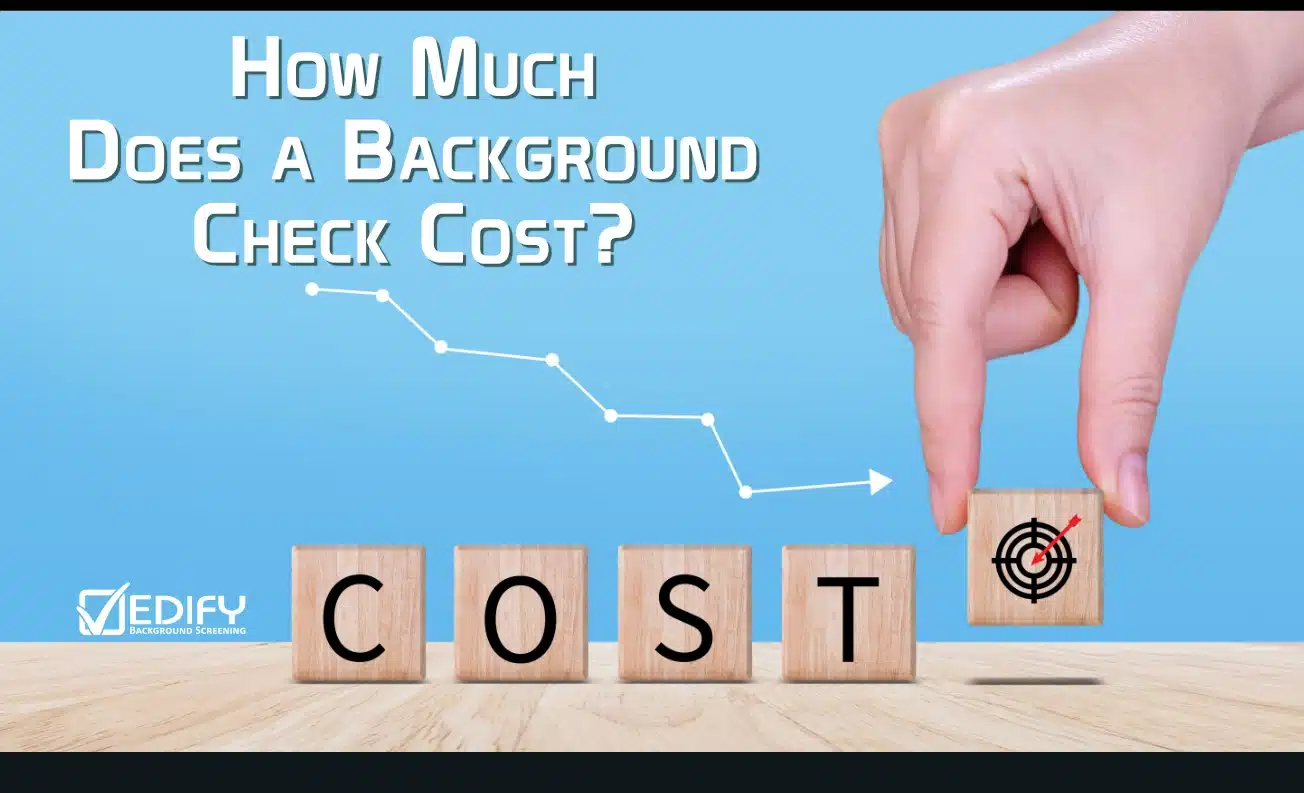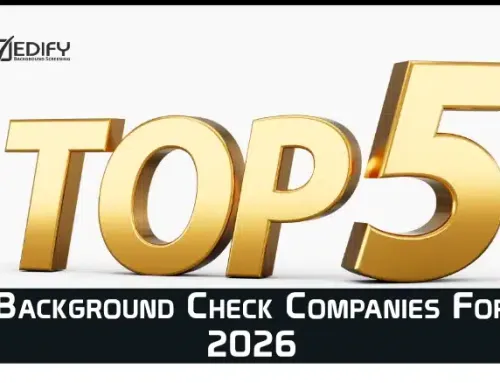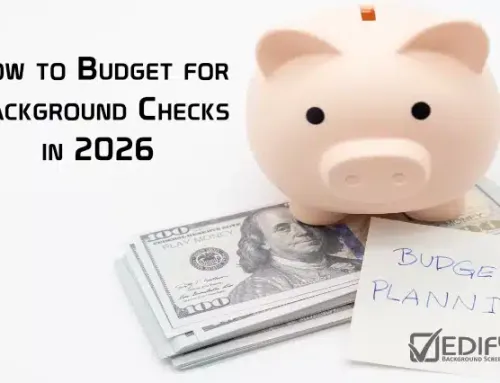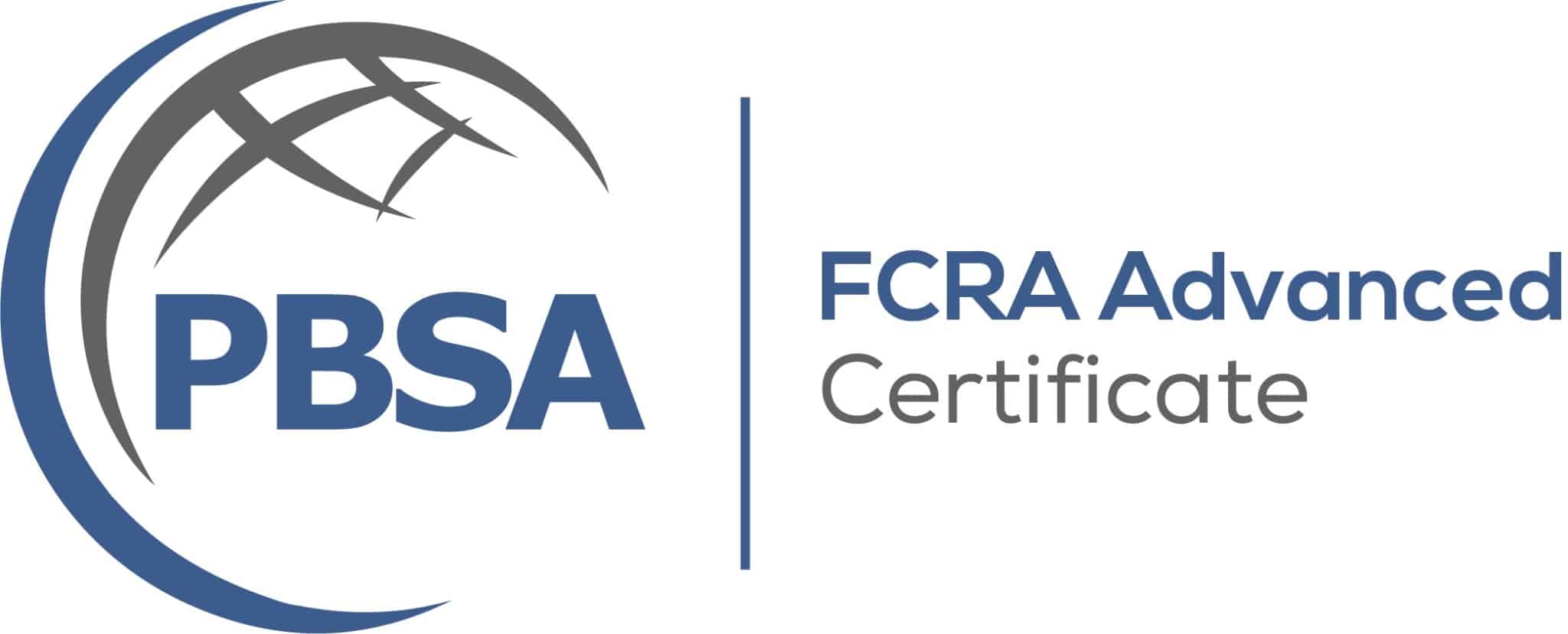How Much Does a Background Check Cost in 2025? (Employer’s Guide)
Hiring without background checks is no longer an option for employers who want to reduce risk and stay compliant. But if you’ve ever tried to budget for screening, you know how confusing pricing can be. Some providers advertise “$30 checks,” while others quote $100 or more. Who’s right?
The truth is that the cost depends on your needs, the roles you’re hiring for, and even the jurisdictions involved. In this guide, we’ll break down what background checks really cost, what drives those costs, and how to design the right package for your organization.
1. The Average Cost of a Background Check in 2025
So, what should you expect to pay?
-
Basic checks (identity, sex offender, database search with county verification): $20–$40
-
Employment or education verifications: $15–$25 each
-
Motor vehicle records (MVRs): $10–$20
-
Credit reports: $15–$25
-
Drug tests: $35–$70
That means:
-
Entry-level roles may cost $20–$60.
-
Mid-level professional roles may cost $80–$120.
-
Executive or sensitive roles may cost $150–$250+.
The right price depends on the level of protection you need for each position.
The wide range often surprises employers. But just like buying insurance or legal support, the “right price” depends on products and services required to achieve the level of protection you need.
2. What Drives the Cost of a Background Check?
The biggest driver of cost is scope. A sex offender registry search and local county criminal check is relatively inexpensive, but a 7-Year Criminal History search that includes multiple jurisdictions across several states will naturally cost more. Verifications also add to the price because they require human research or access the designated third-party services. Calling an employer or school isn’t automated — it takes time and sometimes additional third-party access fees to get the verification done.
Other cost drivers include:
-
Industry regulations: Healthcare, finance, and education often require more extensive checks.
-
Compliance requirements: Federal FCRA rules plus state-specific laws like Clean Slate directly affect costs.
-
Jurisdictional hurdles: Some states are removing DOBs from terminals, requiring researchers to order case files, which adds time and expense.
-
Turnaround speed: Expedited requests or rural courts may carry additional fees. While many checks come back quickly, rural counties and manual verifications can still take several days — and sometimes more money.
3. Designing the Right Background Check Package for Each Role
Smart employers tailor screening to the job, rather than using a one-size-fits-all approach.
-
Entry-level roles: Identity check, sex offender registry, criminal search, MVR (if driving involved).
-
Professional roles: Add employment and education verifications, plus drug testing. Typical cost: $80–$120.
-
Executives/sensitive roles: Federal searches, credit reports, global watchlists, reference checks. Costs: $150–$250+.
The point is simple: not all roles carry the same risk, and neither should their background checks. Tailoring your approach saves money while protecting the business.
4. Understanding Background Check Pass-Through Fees
One of the most misunderstood aspects of background check pricing is pass-through fees. These are not “hidden fees” — they’re legitimate third-party charges that screening firms must pay to access records or complete certain searches. Because they depend on the jurisdictions or institutions being checked, they aren’t known in advance.
Examples include:
-
Court access fees charged by county courthouses.
-
DMV charges for motor vehicle records.
-
University or employer verification fees.
-
Laboratory fees for drug testing.
Pass-through fees matter because they ensure transparency and that you’re not overpaying for services you don’t need. If your screening partner explains that a report may include pass-through fees, that’s a sign of honesty, not a red flag.
5. Why “Cheap” Isn’t Always Better
It can be tempting to choose a vendor that advertises “instant background checks” for under $20. The appeal is obvious: low cost, fast results, and seemingly complete information. But background screening is not as simple as typing a name into Google or tapping into one central government database.
In reality, employment background checks are heavily regulated.
- The Consumer Financial Protection Bureau (CFPB) and the Federal Trade Commission (FTC) both provide oversight.
- Consumer Reporting Agency (CRA) conducting employment screening must comply with the Fair Credit Reporting Act (FCRA).
- State and local governments impose their own rules, such as limits on how far back certain records can be reported, or restrictions on the types of records that are even permissible for employment purposes.
This is why the “instant database” model fails employers. Instant checks under $20 may look appealing, but they come with major risks:
-
Incomplete or outdated databases
-
Reporting of unreportable records (like old arrests)
-
FCRA and EEOC compliance violations
For example, you might find an arrest from 10 years ago on a free website. But that does not mean there is a reportable court conviction that can be used in an employment decision. Without professional research and legal filtering, using this kind of information could expose your company to discrimination claims or FCRA violations.
Professional CRAs like EDIFY Screening don’t just gather data — they verify it, apply the correct legal reporting rules, and provide you with compliant results. This ensures you have accurate, relevant, and legally defensible information when making hiring decisions.
Because a bad hire or a lawsuit tied to improper background checks can cost far more than the difference between a $20 instant check and a $80 compliant package.
6. Choosing the Right Background Check Partner in 2025
Not all consumer reporting agencies (CRAs) are created equal. Some are better suited to certain employers than others.
-
Large CRAs (HireRight, Checkr): Great for enterprise clients with thousands of checks, less flexible for SMBs.
-
Service-driven CRAs like EDIFY: Designed for small and mid-sized businesses. We offer:
-
Transparent background check pricing
-
Flexible packages by industry (e.g., healthcare, retail, nonprofit)
- Compliance-first results
-
Flexible packages tailored to business size and industry.
-
U.S.-based support teams who understand that every employer has unique needs.
-
This balance — enterprise-grade technology with small-business responsiveness — makes EDIFY especially valuable for organizations that are growing and need a partner who can adapt with them.
When choosing a partner in 2025, the key is to match your provider to your business model.
- High-volume, low-touch CRAs are ideal for Fortune 500 companies.
- Flexible, service-driven CRAs like EDIFY are the right fit for organizations that want personalized attention, scalable packages, and confidence in compliance.
Conclusion
Background checks can cost anywhere from $20 to $250+, depending on role and scope. But the real lesson is this: cost alone should never drive your decision. The right screening partner helps you design packages that fit your roles, explains pass-through fees, and ensures compliance at every step.
👉 Ready to see transparent pricing? View EDIFY’s background check pricing and compare options today.
FAQ
How much should I budget for entry-level checks?
Typically $20–$60 per candidate.
Why do executive checks cost more?
They often include federal searches, credit reports, and global watchlists.
What are pass-through fees?
Third-party charges from courts, DMVs, labs, or other third-party services required to complete the background check. Transparent partners disclose them.
Can I run the same package for all roles?
You can, but it’s more cost-effective to tailor packages by risk level.
Sources to Explore for More Information
-
U.S. Small Business Administration – Hiring & HR Guidance
-
CFPB – FCRA Compliance Information
The resources provided here are for educational purposes only and do not constitute legal advice. We advise you to consult your own counsel if you have legal questions related to your specific practices and compliance with applicable laws.

